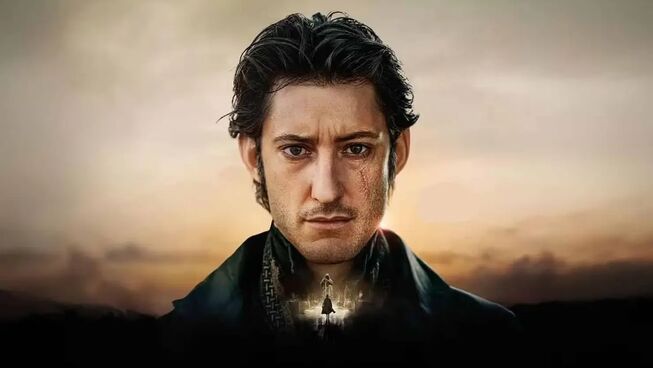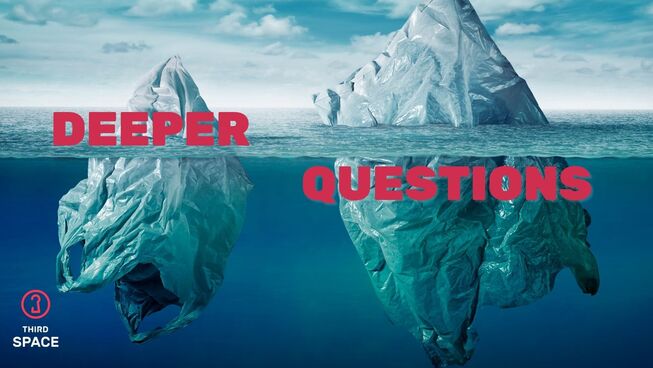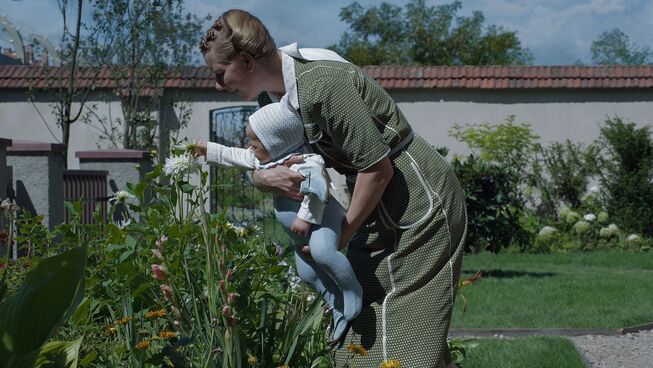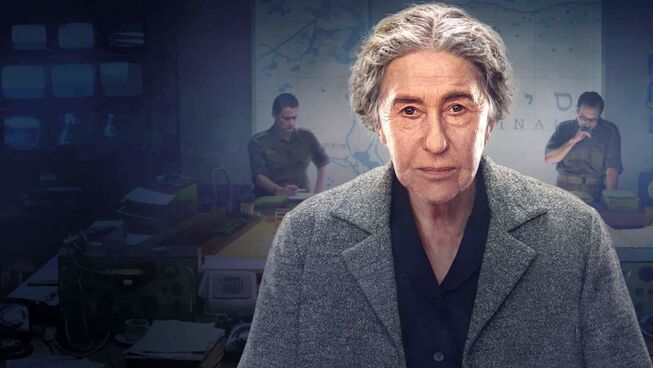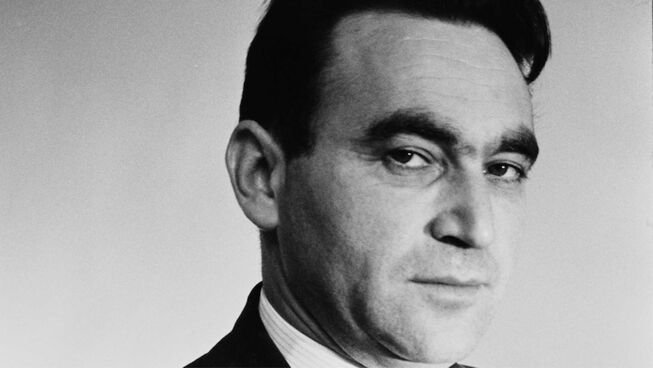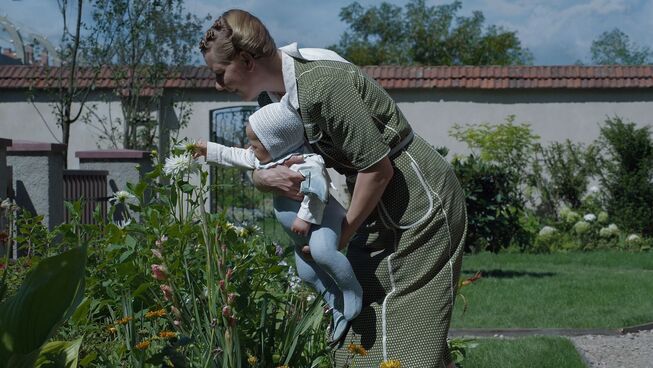Treasure
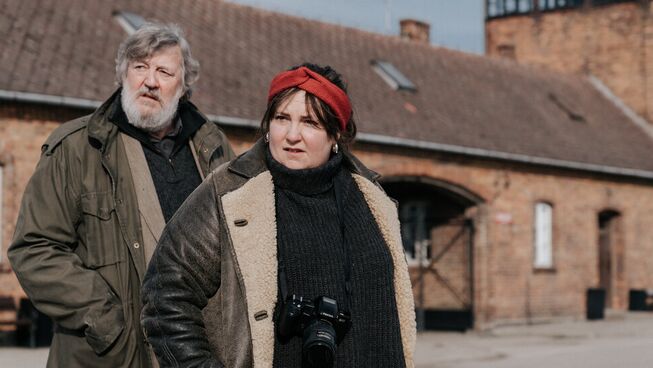
⭐️ ⭐️ 1/2 (out of 5)
Australian writer Lily Brett wrote Too Many Men in 1999 and won the Commonwealth Writers' Prize for the Best Book from the South-East Asia and South Pacific Region. German director Julia von Heinz got hold of this story and adapted this uncommon father-and-daughter excursion to Poland in 1990.
Ruth (Lena Dunham) is a journalist from New York who asks her father (Stephen Fry) to travel back to his homeland of Poland. He hasn’t been there since leaving after being rescued from Auschwitz Concentration Camp. As they meet in his former hometown, they try to connect while travelling through the European countryside. As Ruth attempts to unearth the stories of her parents' past, Edek does all he can to avoid digging into his life as a Jewish citizen during the Hitler occupation of his country. Yet, as they find different clues to the horrors of the camps and their family's history, Ruth begins to confront her difficulties with her father and her failed marriage.
As the world continues to wrestle with anti-semitic tensions, stories like Lily Brett’s take on significance as they confront this horrific side of humanity. Casting it across a personal daughter/father initially has merit and allows for comedic nuances that make things intriguing. Yet, as their journey continues, a darker side takes over the heartwarming elements, contributing to a slower and unappealing pace. Dunham and Fry have convincing chemistry that salvages most of the weaker aspects of this screenplay.
Treasure has a message for this modern era: this film warns against heinous crimes against humanity. Yet, most of the story is bogged down by the tragic side of family history.
REEL DIALOGUE: How do you react to the atrocities humans enact on other humans?
"I praise you, for I am fearfully and wonderfully made. Wonderful are your works; my soul knows it very well." Psalm 139:14
This story is about how human life was minimised and how people were killed because of their heritage and faith. Yet within the story, out of the horrors came an appreciation of life.
One element of Jesus's teachings that reflected the words of Psalm 139 shows that God values each and every one of us.
"Are not two sparrows sold for a penny? And not one of them will fall to the ground apart from your Father. But even the hairs of your head are all numbered. Fear not, therefore; you are of more value than many sparrows." Matthew 10:29-31
Jesus is saying that God does care about his creation, but more importantly, he cares about each person on earth. Each man and woman has value, and even though he knows every sparrow and where it falls, mankind's value exceeds the sparrows. God cares so much about humanity that he knows the numbers of each of our hairs and has provided a means to spend eternity with him through his Son.
This all means that regardless of your beliefs and past, you are valued by God. This means that there is no one that God turns his back on when they genuinely seek him.

